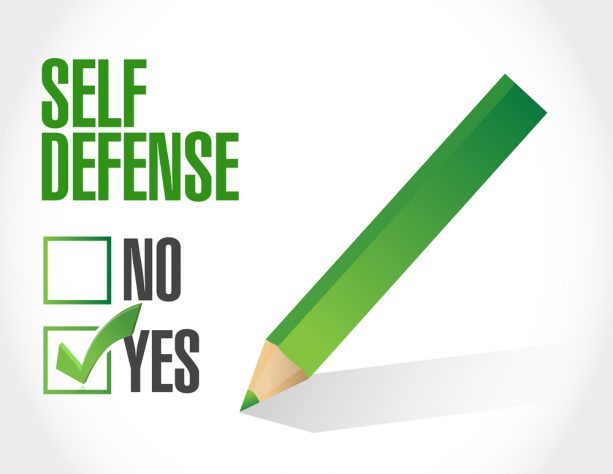
The author, Parry Aftab, is an Internet privacy and security lawyer and an expert in cybercrime and best practices.
- I have chosen a password that is easy for me to remember and hard for others to guess.
- I have not shared my password with anyone, even my best friend, boyfriend or girlfriend.
- I have not clicked “save my password” on any computer or device controlled or used by anyone else.
- I use security software to scan against malware, viruses and spyware and keep it updated regularly.
- I know how to use the privacy settings on my social networking pages and where I have choices, I only permit access to people I know and trust.
- I change my password if I suspect someone has it or has guessed it, or if I break up with someone.
- I use privacy settings/password protection on my laptop and cell phone, in the event someone tries to use it without my okay.
- I Google, Bing or Yahoo! myself and my friends, set alerts, check comments, images and videos often and look over my profiles and information I post and ask my friends to do the same to make sure they pass the “5Ps” test. (Don’t post anything you don’t want your 1. Parents, 2. Police, 3. Principal, 4. Prospective employers and 5. Post-high-school-educational institutions to see.)
- I report cyber abuses to the networks and service providers when I find them and let people know when they are under attack online.
- I click “delete” if I receive a sext message and don’t create or send one of my own.
- I care about staying safe, protecting my privacy and reputation online and in real life. (I’ll pass it on!)
 English
English Russian
Russian Italian
Italian French
French Spanish
Spanish German
German Arabic
Arabic